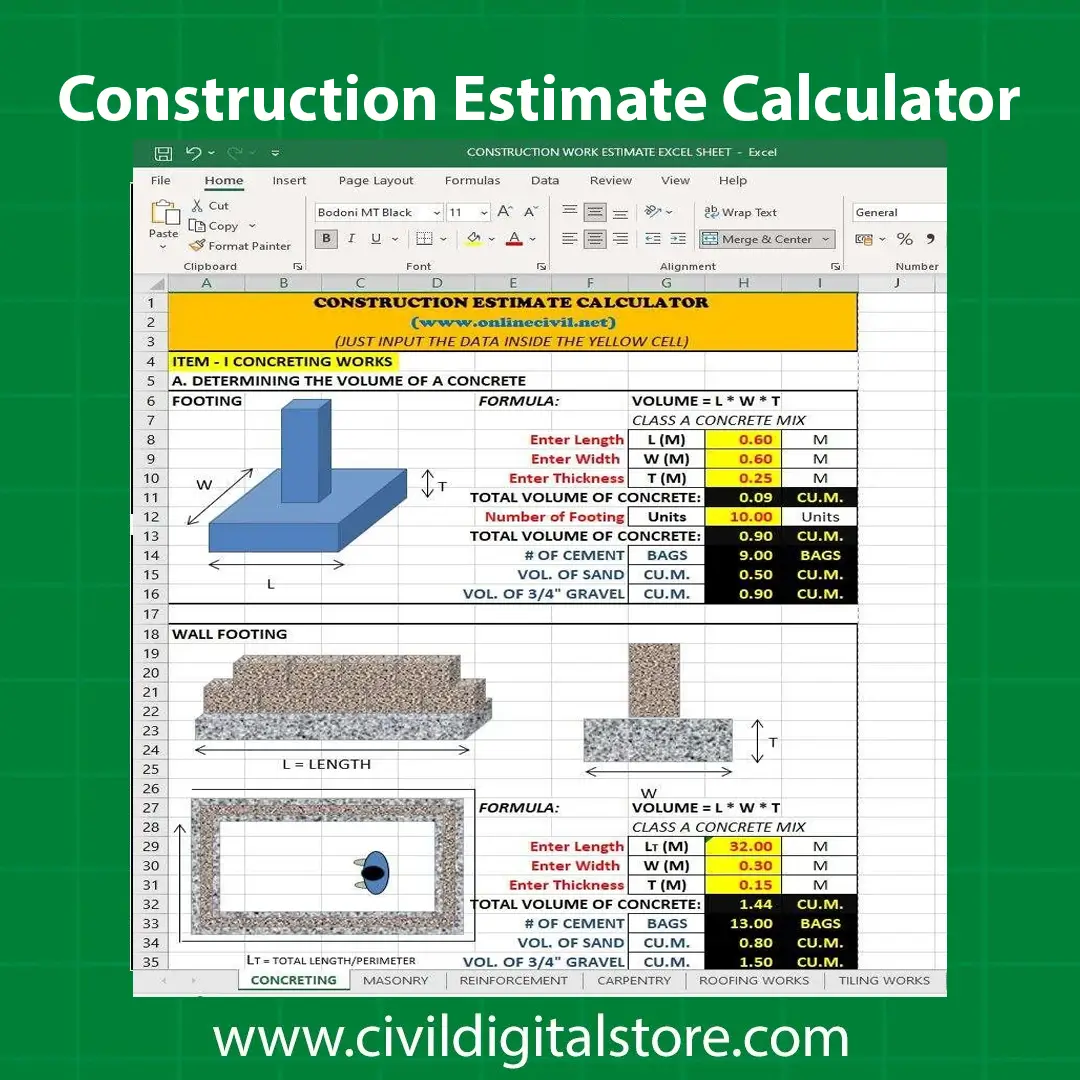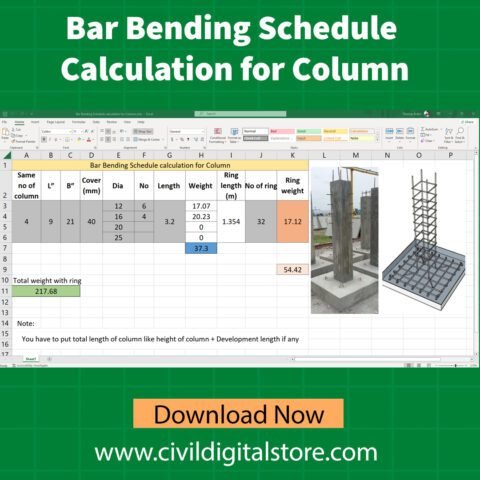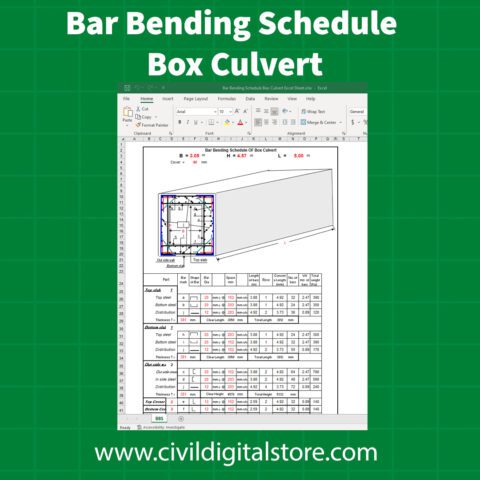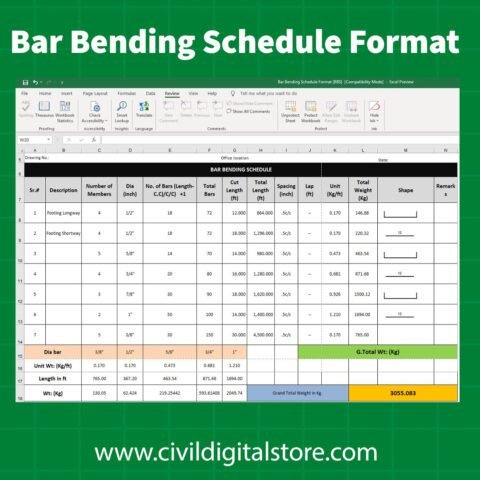Construction Estimate Calculator
A construction estimate calculator is an essential tool in the construction industry, designed to assist contractors, builders, and homeowners in accurately estimating the costs associated with construction projects. These calculators come in various forms, including online tools, specialized software, and mobile applications, each offering unique features to cater to different needs and preferences.
Online tools are widely accessible and often free, providing a quick and straightforward way to obtain cost estimates. Specialized software, on the other hand, offers more advanced functionalities, such as integration with other project management tools, detailed reporting, and customization options. Mobile apps bring convenience to the field, allowing users to generate estimates on-site using their smartphones or tablets.
The primary function of a construction estimate calculator is to break down the total project cost into key components, including materials, labor, equipment, and overhead costs. By itemizing these elements, the calculator ensures a comprehensive and precise estimate. For instance, material costs encompass the price of raw materials, shipping, and wastage. Labor costs cover wages, benefits, and subcontractor fees. Equipment costs account for the purchase or rental of machinery, while overhead costs include administrative expenses, permits, and insurance.
One of the significant benefits of using a construction estimate calculator is the time-saving aspect. Manually calculating project costs can be time-consuming and prone to errors. These calculators streamline the process, delivering quick and accurate results. Furthermore, they enhance budgeting and project planning by providing a clear financial picture, enabling stakeholders to make informed decisions and allocate resources effectively.
In addition to improving accuracy and efficiency, construction estimate calculators also foster transparency and accountability. By presenting detailed cost breakdowns, they help in negotiating with clients, securing financing, and managing project expenses. Overall, these tools are invaluable in ensuring the successful execution of construction projects, from initial planning to completion.
How to Use a Construction Estimate Calculator Effectively
Using a construction estimate calculator effectively begins with thorough preparation. This preparation phase involves gathering all necessary information about your project. Begin by documenting the dimensions of the project area, encompassing both the length and width. Accurate measurements are crucial for generating precise estimates. Next, compile a list of required materials, including their types and quantities. Ensure you have details about labor needs, such as the number of workers and estimated hours of labor required.
Once you have gathered all pertinent data, the next step is to input this information into the construction estimate calculator. Most calculators will have designated fields for dimensions, material types, quantities, and labor details. Carefully enter each piece of information, double-checking for accuracy. Mistakes in data entry can lead to significant discrepancies in the final estimate.
Interpreting the results generated by the calculator is the next crucial step. The output will typically include a breakdown of costs associated with materials, labor, and other expenses. Review these results to ensure they align with your expectations and project specifications. If the estimates seem off, revisit your input data to identify any potential errors.
To ensure the accuracy of your input data, consider the following tips. First, always measure twice to avoid inaccuracies in dimensions. Secondly, use current market prices for materials to avoid underestimating costs. Additionally, factor in a buffer for unexpected expenses, which is common in construction projects. This buffer can help mitigate the financial impact of unforeseen issues.
Common pitfalls to avoid when using construction estimate calculators include underestimating material costs and failing to account for unexpected expenses. Underestimating material costs can lead to budget overruns, while ignoring potential unforeseen expenses can disrupt project timelines and financial planning.
Adjust your estimates based on different scenarios, such as fluctuations in material prices or changes in project scope. Regularly updating your estimates to reflect current market conditions and project modifications ensures your financial planning remains accurate and reliable.
Accurate estimates are instrumental in effective project management and financial planning. They enable better resource allocation, timely project completion, and adherence to budget constraints. By using a construction estimate calculator effectively, you can achieve greater control over your construction projects, leading to successful outcomes and satisfied stakeholders.
Follow on Facebook click here
More Software on click here













There are no reviews yet.